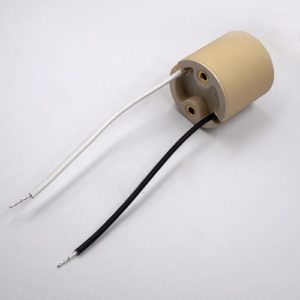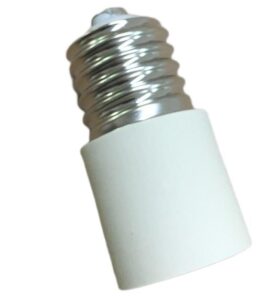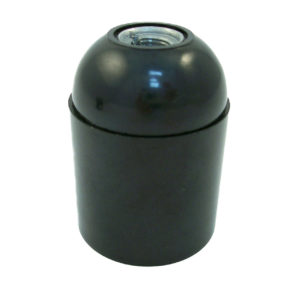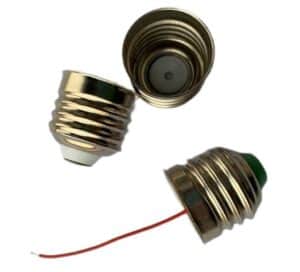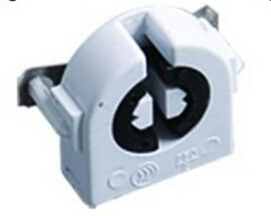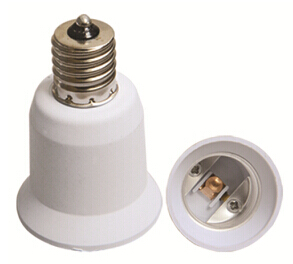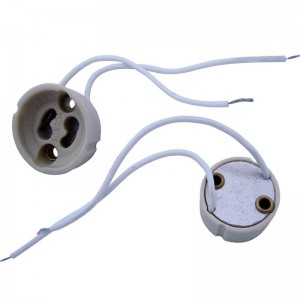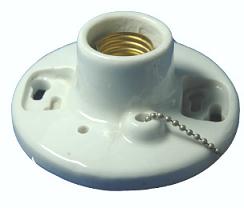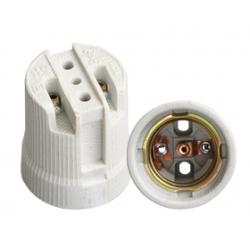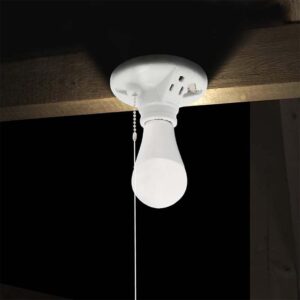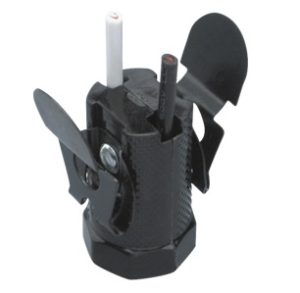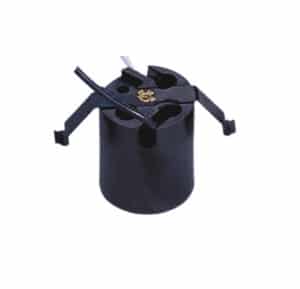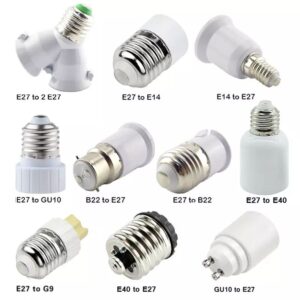Using a light socket plug adapter to power LED shop lights may seem like a simple fix, especially if you don’t have many outlets. However, this raises questions about compatibility, safety, and performance. While it is possible to power LED shop lights from a light socket, you need to understand the limitations of the adapter and the light socket to avoid potential problems.
Yes, You Can Use a Light Socket Plug Adapter with LED Shop Lights—With Caution
Using a light socket plug adapter for LED shop lights can work, but only if the socket’s wattage and voltage match the shop light’s requirements. LED shop lights, while efficient, can draw more power than a typical light bulb, depending on their brightness and wattage. This difference in power demand means that safely powering them with a socket adapter depends on the compatibility of the socket’s specifications with the shop lights’ requirements.
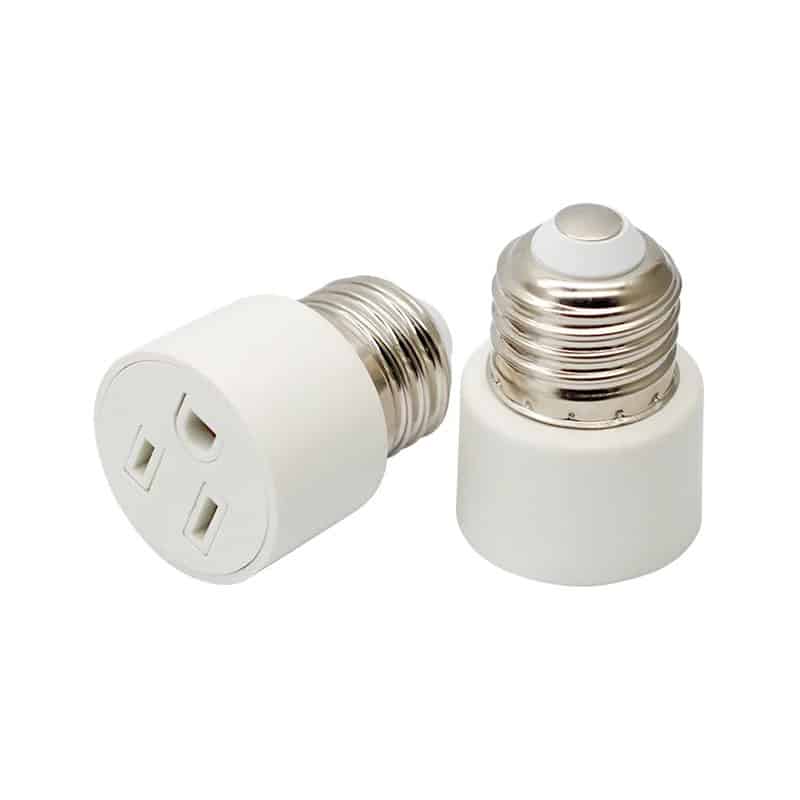
Understanding Light Socket Plug Adapters
A light socket plug adapter converts a standard light bulb socket into an electrical outlet, allowing devices with standard plugs to connect directly to the light socket. These adapters are designed for low-power devices, often limited to the wattage range of a standard light bulb socket (usually between 60 and 100 watts). The primary purpose of these adapters is to offer a quick, low-cost solution for powering small devices in areas where dedicated outlets may not be available. However, these adapters do not increase the socket’s wattage or voltage capacity, which is a crucial factor when connecting higher-power LED shop lights.
Compatibility Between Light Sockets and LED Shop Lights
LED shop lights vary in their power needs, but they typically require more wattage than standard light bulbs. While LEDs are generally low-energy, shop lights designed for larger spaces can exceed a socket’s wattage rating. Most light sockets in residential settings are not intended to support heavy or sustained power loads, making them unsuitable for high-powered shop lights. The mismatch between the socket’s intended load and the shop light’s power needs can create risks such as overheating, socket degradation, or even tripping the breaker. If the light socket cannot handle the shop light’s wattage, it may cause performance issues or, in severe cases, lead to electrical hazards.
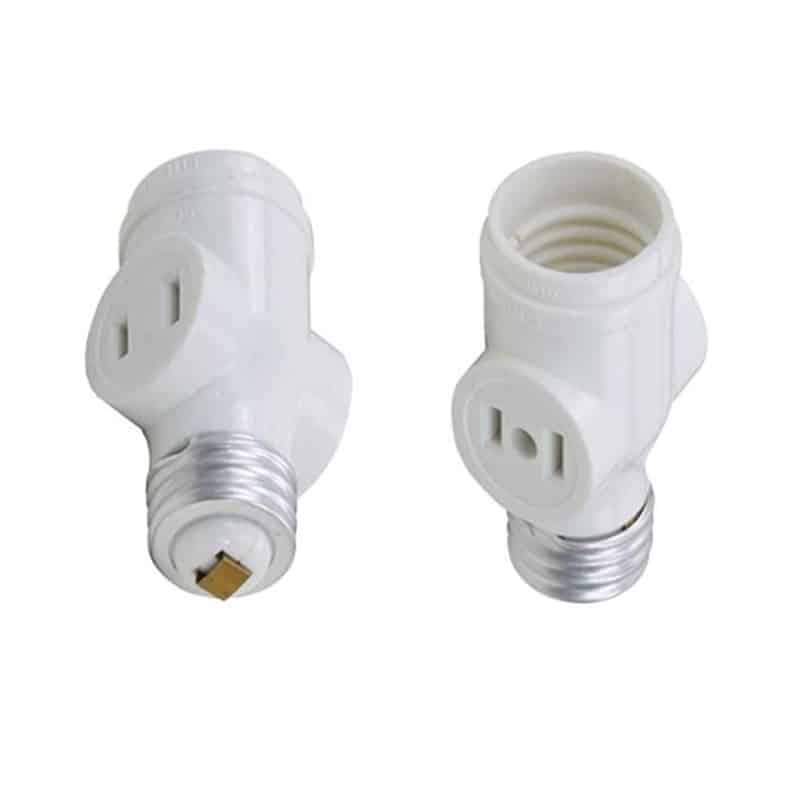
Safety Considerations When Using a Light Socket Adapter
Before connecting an LED shop light to a light socket adapter, it’s essential to consider safety. First, always check the wattage and voltage ratings of both the light socket and the LED shop light. The socket should match or exceed the power requirements of the shop light to avoid overloading. Additionally, using adapters with surge protection or built-in fuses can help manage sudden spikes in power and offer some degree of safety against overheating. However, these protective features do not increase the socket’s overall capacity. It’s essential to avoid pushing the limits of the socket, especially if it’s not rated for high-wattage devices.
Alternative Solutions for LED Shop Light Installation
For safe, reliable, and long-term use, it’s often better to use a dedicated electrical outlet rather than a light socket adapter for LED shop lights. Dedicated outlets are designed for higher loads and provide the necessary grounding for safe operation. If placing shop lights in a location where outlets are sparse, consider using a heavy-duty extension cord rated for the shop light’s wattage. Outdoor-rated cords are also recommended for areas with higher humidity or potential exposure to dust and debris, such as garages or workshops. Another option for permanent setups is hardwiring the shop lights directly to the power supply, which allows for dedicated control and consistent power, although this often requires professional installation.
Pros and Cons of Using a Light Socket Adapter for LED Shop Lights
Using a light socket adapter to power LED shop lights has advantages, particularly for temporary setups. It is a convenient, low-cost solution that requires minimal installation effort, making it suitable for short-term or temporary lighting needs. However, there are significant downsides. Light bulb sockets are not typically designed to handle high-wattage devices, and relying on adapters can compromise both safety and performance. This method can reduce the shop light’s efficiency and lifespan and may pose overheating risks. For applications where LED shop lights are used frequently or for extended periods, a dedicated outlet remains the safest, most reliable option.
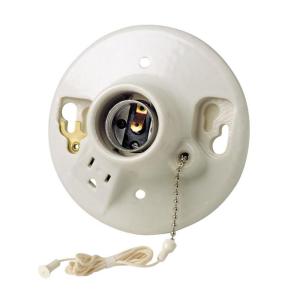
When to Contact an Electrician
If multiple shop lights need to be powered or if the available power sources are insufficient, it’s wise to consult an electrician. A professional can assess the current setup and install additional outlets or circuits that provide sufficient power for the shop lights without overloading the existing sockets. For shop setups in garages, basements, or workshops, an electrician can also ensure code compliance, which is especially important in environments with dust, moisture, or other potentially hazardous conditions.
Final Words:
You can use a light socket adapter to run LED shop lights, but the safety and performance depend on matching the power requirements to the capacity of your light socket. This might be a good solution for temporary or low-power situations, but for regular or high-power use, you need a dedicated outlet. Look at the capacity of your light socket and find a better way to power your LED shop lights.

